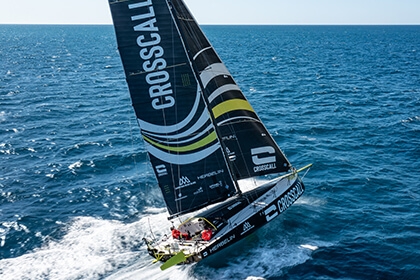
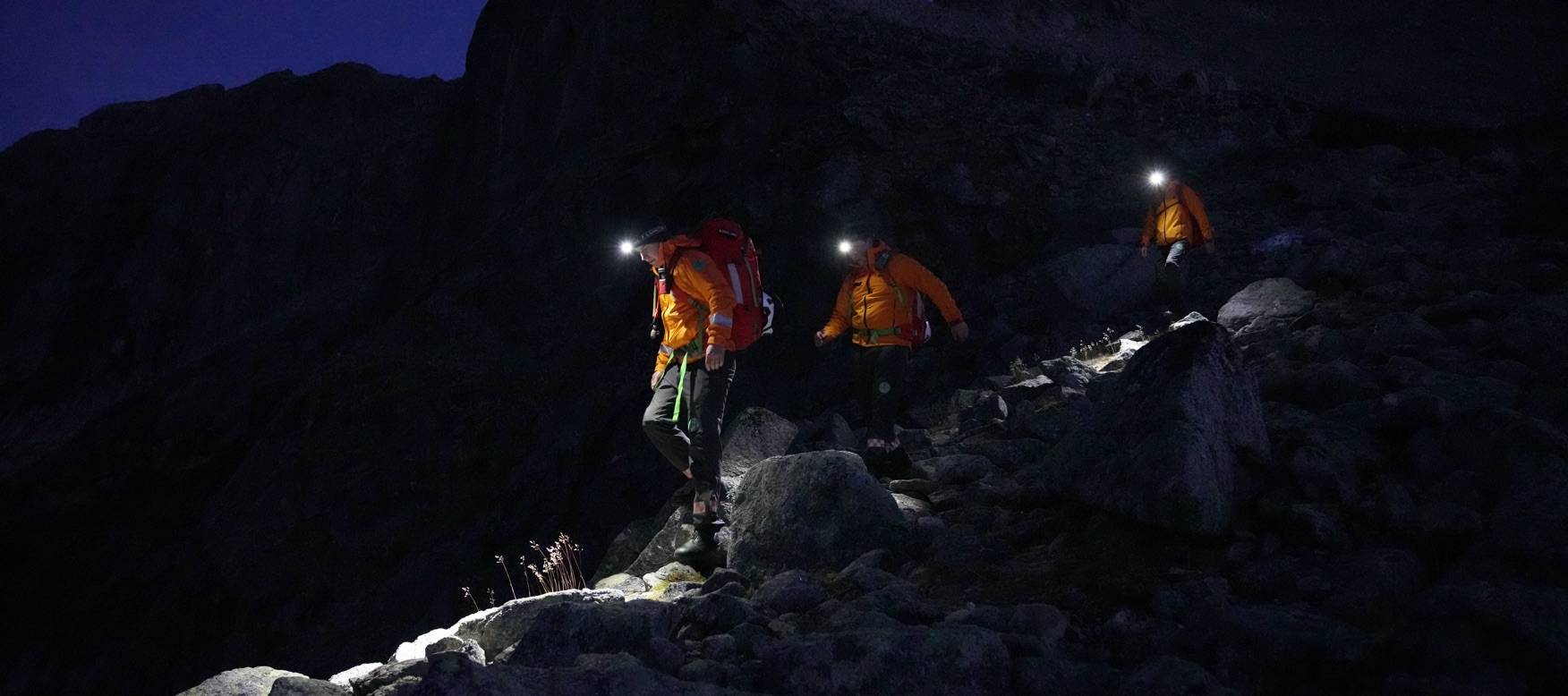
As darkness sets in: Search and Rescue in Northern Norway
Belong in the moment | Norwegian People’s Aid
April 10, 2021
6 min read
The seasons change dramatically in Northern Norway, from cold, dark winters where you can get lost in only seconds to summers with sunlight all day and night and an explosion of life outside. For Odd Harald Johansen, being a Search and Rescue volunteer with Norwegian People’s Aid (NPA) represents an opportunity to experience these seasonal changes up close.
He’s the leader of NPA’s search and rescue team in Tromsø, a city of 65,000 inhabitants which is often referred to as the Paris of the North. “I feel like I belong here, and I wouldn’t be anywhere else in the world. I don’t want to live in a big city and have all the noise and cars and big houses around me all the time because I need to be outside, to feel nature, to experience the elements changing around me.”
“Being outside in nature helps me clear my mind of everyday stress. I can take my dogs with me and just go for a hike and be in the moment. I don’t have to think about anything else but the situation I’m in right there and then, and that helps me reset my mind so that I’m ready for anything when I get back,” says Odd Harald.
For Odd Harald, it’s often the small moments that create this feeling of belonging—the flowers showing up in the spring, the birds returning from the south to breed, the variations of the snowpack throughout winter, the changing of the seasons. “It all adds up to my sense of belonging in this area, to a sense of connection with nature and the environment around me.”
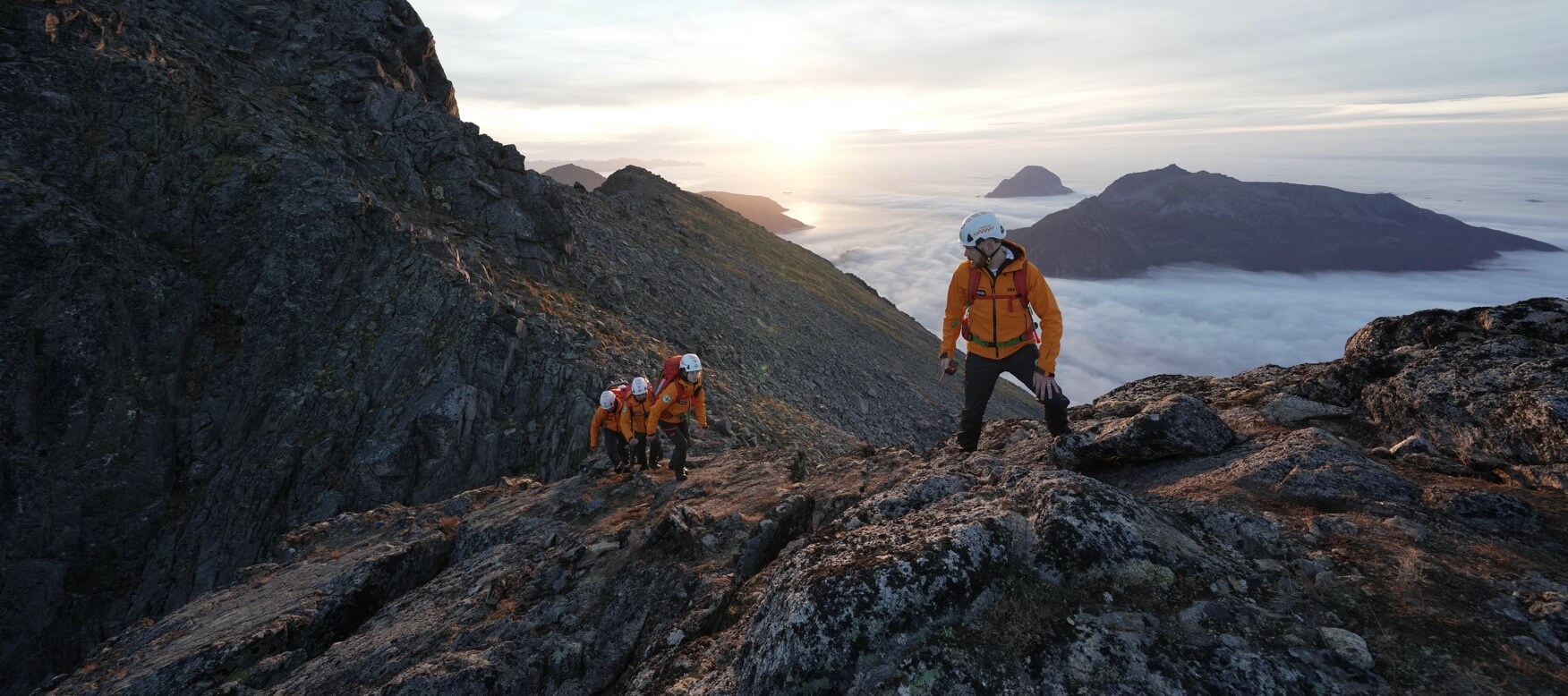
The Polar Night
Being part of a SAR team in a mountainous city at a latitude of 69° North by a wild and rugged coastline is literally no walk in the park. It comes with its unique challenges that sometimes surprise even the locals. Every year, there’s a short window of time called summer, with its midnight sun, blooming flowers, and playful birds, animals, and people. Then it gets darker. Sunset creeps into the day, and the time it gets dark changes from midnight to half-past seven to half-past six as the Northern world hurries towards the polar nights.
“Then a lot of hikers don’t know when it gets dark,” explains Odd Harald. “You don’t remember: ‘okay, tonight it gets dark ten minutes earlier than yesterday.’ So many don’t anticipate the darkness, and they get stuck in the mountains or the forest because they can’t see anything. And then it gets cold outside.”
Just imagine yourself. It’s a warm, sunny day. You don’t think about bringing your jacket or headlamp because it’s so lovely outside and the hike isn’t too long. Then it gets darker, a full hour before you expected it, and it gets colder quite quickly. In fact, it soon gets freezing. Suddenly you realize that you’re stuck, that there’s no way you can get down from the mountain safely. You’re cold and you can’t see the path, then fear of hypothermia hits you and you have no choice but to call for help. And at that moment, the ones who will answer your call and gear up to come save you are the volunteers of Odd Harald’s team. They will leave their family dinner, grab their rescue packs, and head out into the dark mountains, and they will do everything in their power to find you and bring you down before it’s too late.
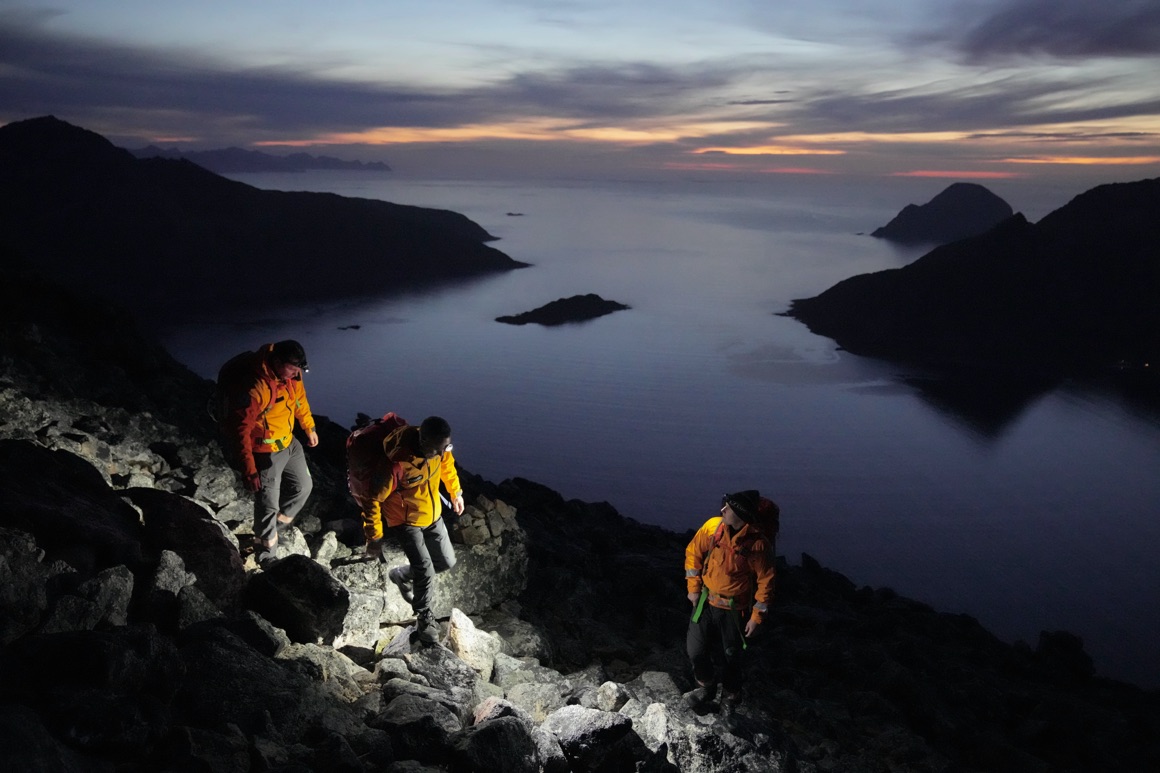
Trust in your team
Odd Harald is what you could call a professional volunteer. He has volunteered in labor unions, as a coach for his kids’ football team, and for the last six years as part of the search and rescue crew—almost all his life, he’s been volunteering and giving back to society. And i has given him a true sense of the importance of trust.
Some of the crew members are his friends, others are more distant, but when the alarm goes off and they gather at the meeting point to prepare for a mission, they mean everything to each other. At that moment, all his focus is on the team and the mission ahead. Whether it is a small hike to help a slightly injured person or a big rescue with many people and helicopters involved, he needs to be in the right mode and perform every time, and he has to know that his team members will do the same.
The group relies on me to make the right decision on how to proceed out in the terrain, so it’s important for me to know that I have their support and their trust…
This sense of trust is vital as part of a search and rescue team. “The group relies on me to make the right decision on how to proceed out in the terrain, so I need to know that I have their support and their trust and that we as a group can accomplish the mission we’re on.
“We train a lot, we meet up, and we rehearse everything, so I’m pretty familiar with what to expect from each person. For me, it’s essential to know everyone, to understand their strengths and weaknesses. Someone will be stronger and can walk for hours; another can be creative with suggesting where to search—we are different, but we all have the same education and background in volunteering, so I trust that everyone does their task, and I do not micromanage anything.
“I have a leadership philosophy that everybody is capable of doing the things they are supposed to do. I trust in people. I will give you a mission, and I won’t say how to solve the mission. It’s up to you, but I know your capabilities, what kind of training you have, and what you can do. I expect that everyone solves the mission based on what they know and what they can do.”
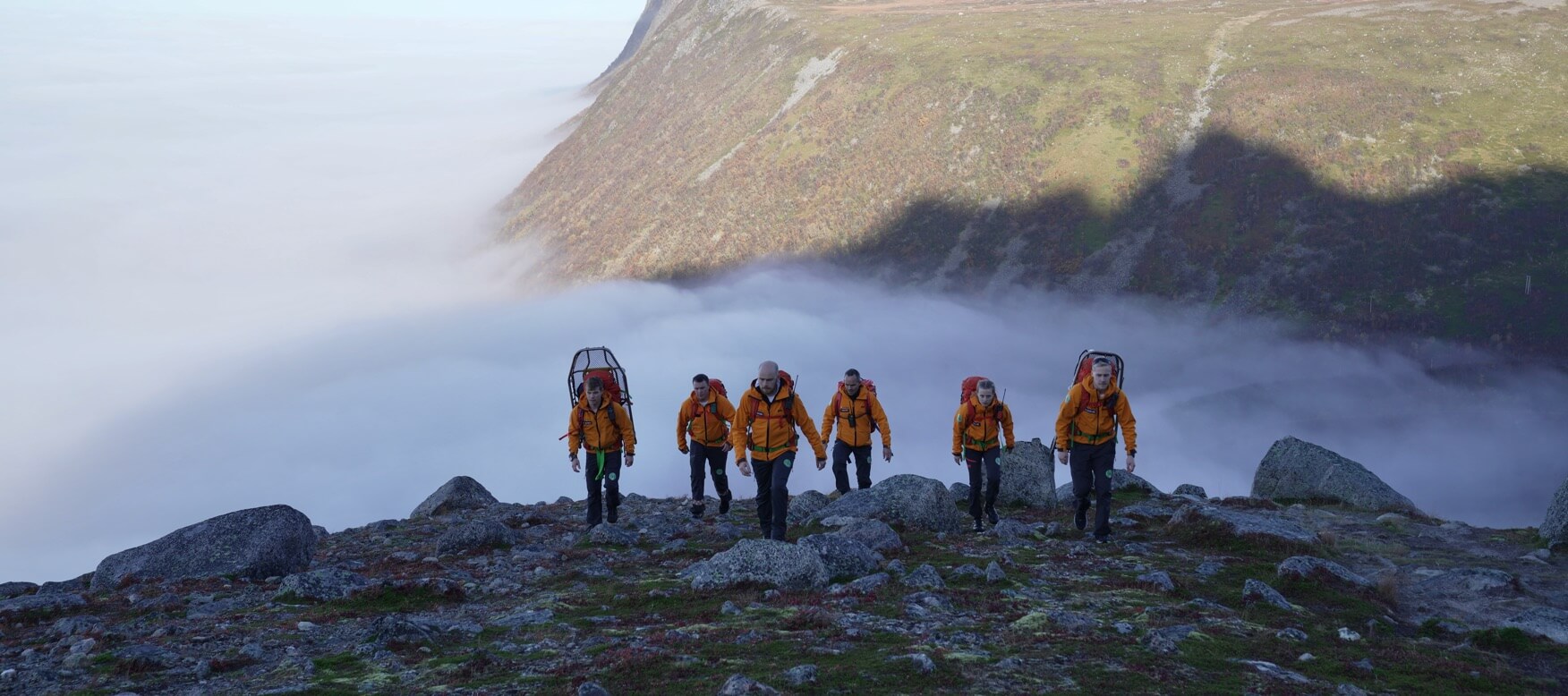
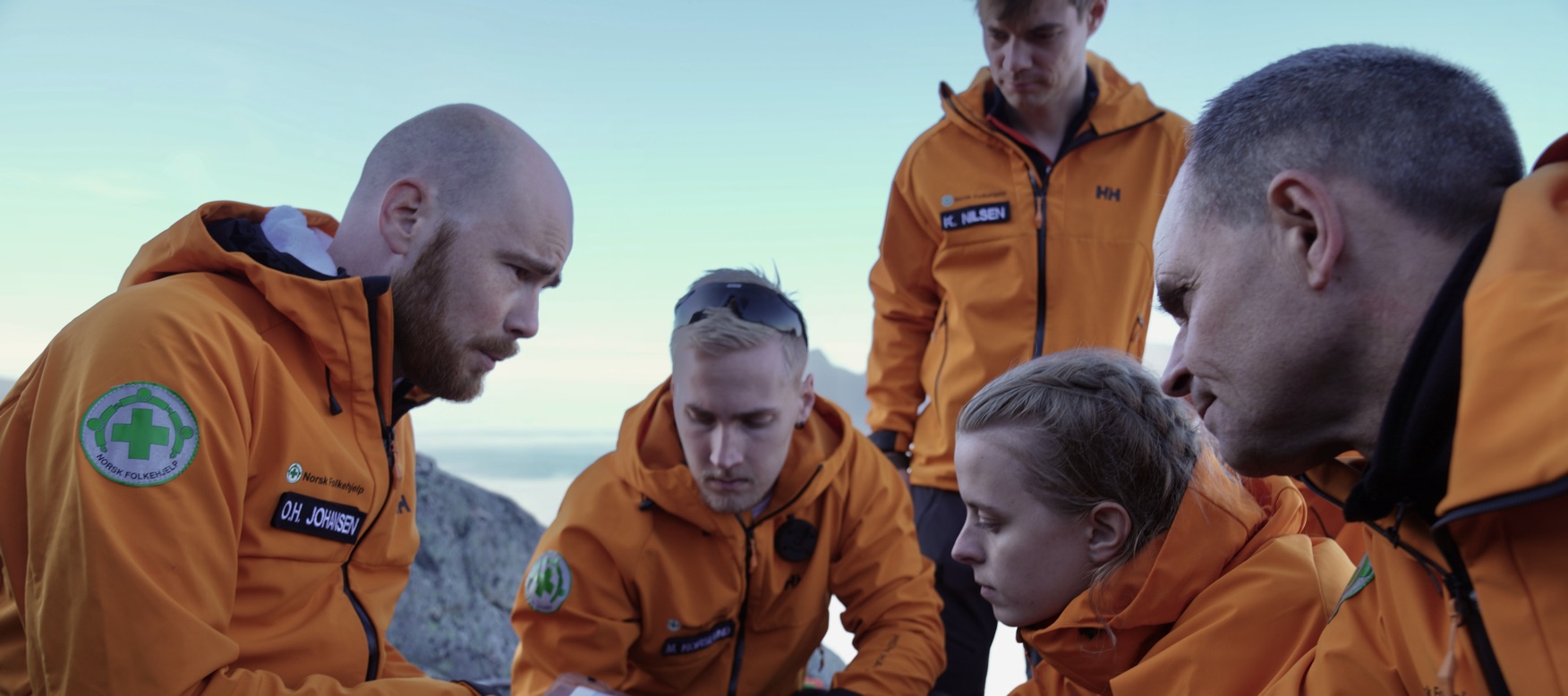
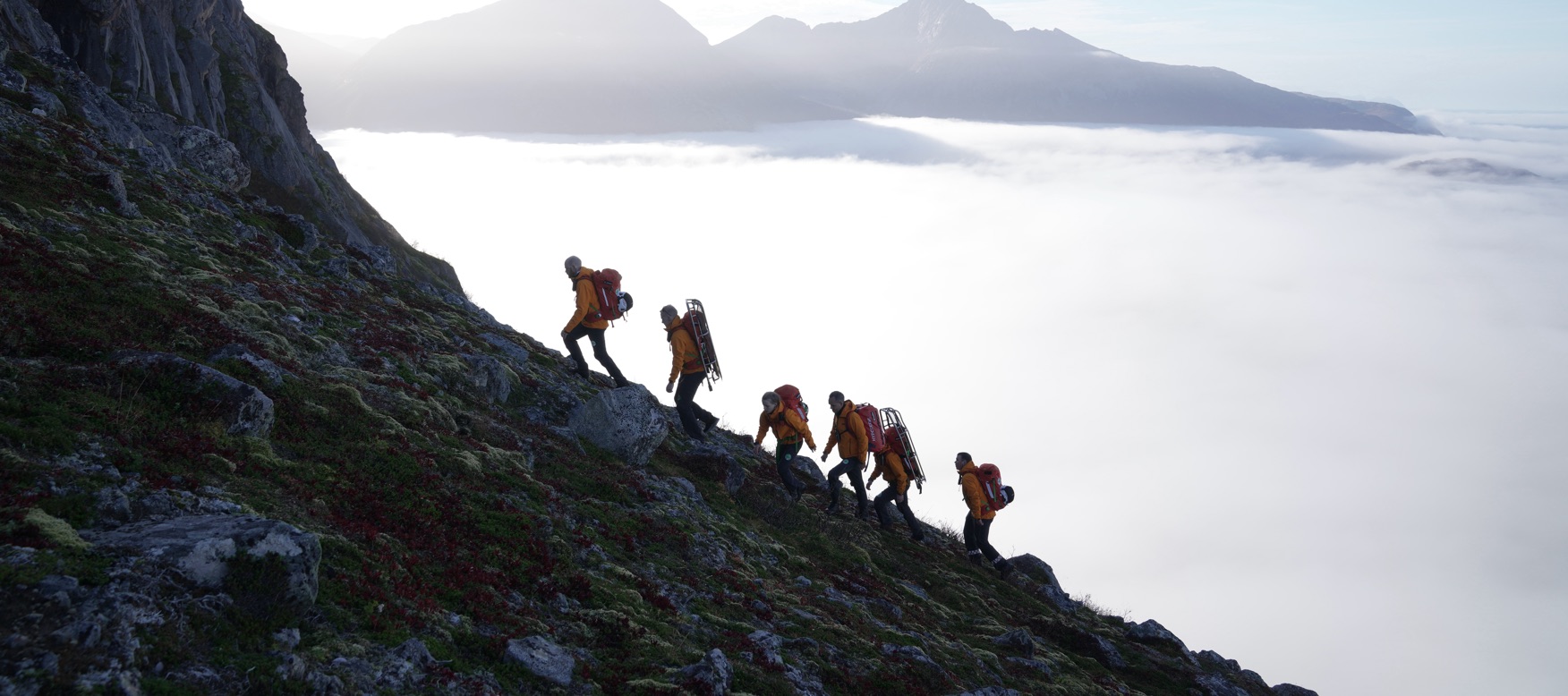



Trust in your knowledge & gear
“I always have to be prepared for everything, and I need to bring along the right equipment. It needs to be light, and depending on the season, we must consider if darkness might come quicker than we anticipate. We always bring extra clothes, and when you are hiking up a mountain, you usually get warm and sweaty, so it’s good to have an extra base layer to change into at the top so you can have dry clothes on your back—you get a lot colder if you are sweaty and wet.”
For Odd Harald, trust is essential because conditions can vary a lot, and he can’t be everywhere at once. He has to trust that the team he is guiding into the mountain is fully equipped and able to handle themselves and those in need.
... as soon as we are in a search and rescue mode, we are the same kind of people and it gives a sense of belonging because we are a group and we are all equals…
“We have to remember that we are only people; we’re normal working citizens from different kinds of society. We are doctors, carpenters, store managers, all kinds of people, but when we meet up for a search and rescue, we are the same. We are the men and women who are supposed to go out and do something to help others. You can be anything else, but as soon as we are in a search and rescue mode, we are the same kind of people, which gives a sense of belonging because we are a group and we are all equals—we have the same jacket, we have the same equipment, and we are capable of doing the same things outside in nature.”
Search and rescue has become a way of life for Odd Harald. “I have spent so much time preparing for this, I have taken so many courses, I have used a lot of my free time, and I can’t imagine quitting any time soon. This is what I’m supposed to do in my spare time, and I love it. I love being part of the team. It's continuous work, and you have to repeat, rehearse, and prepare for the next mission because you never know, it can be a week, a month, sometimes it’s just hours between missions. So you have to be prepared all the time. It can be like: One hour ago I was at my desk. Now I’m saving lives.”
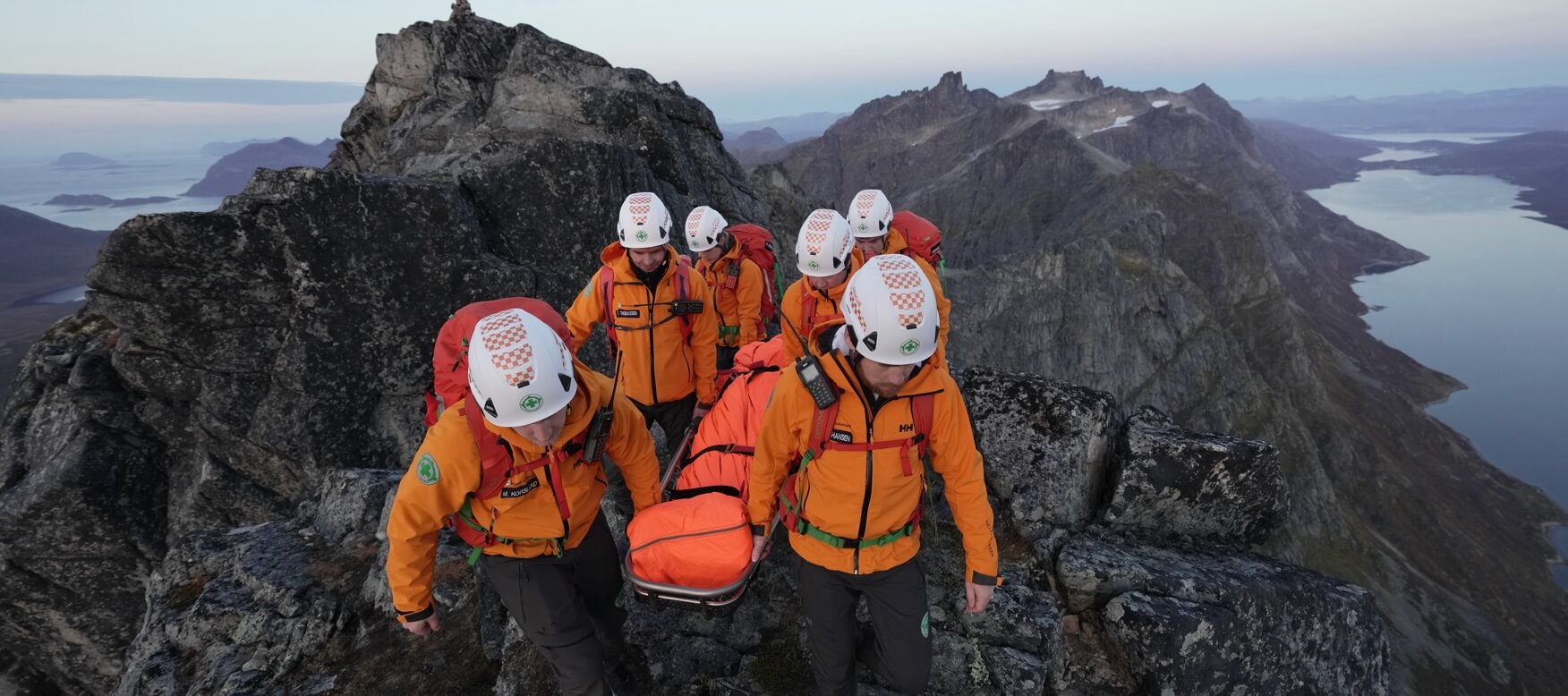
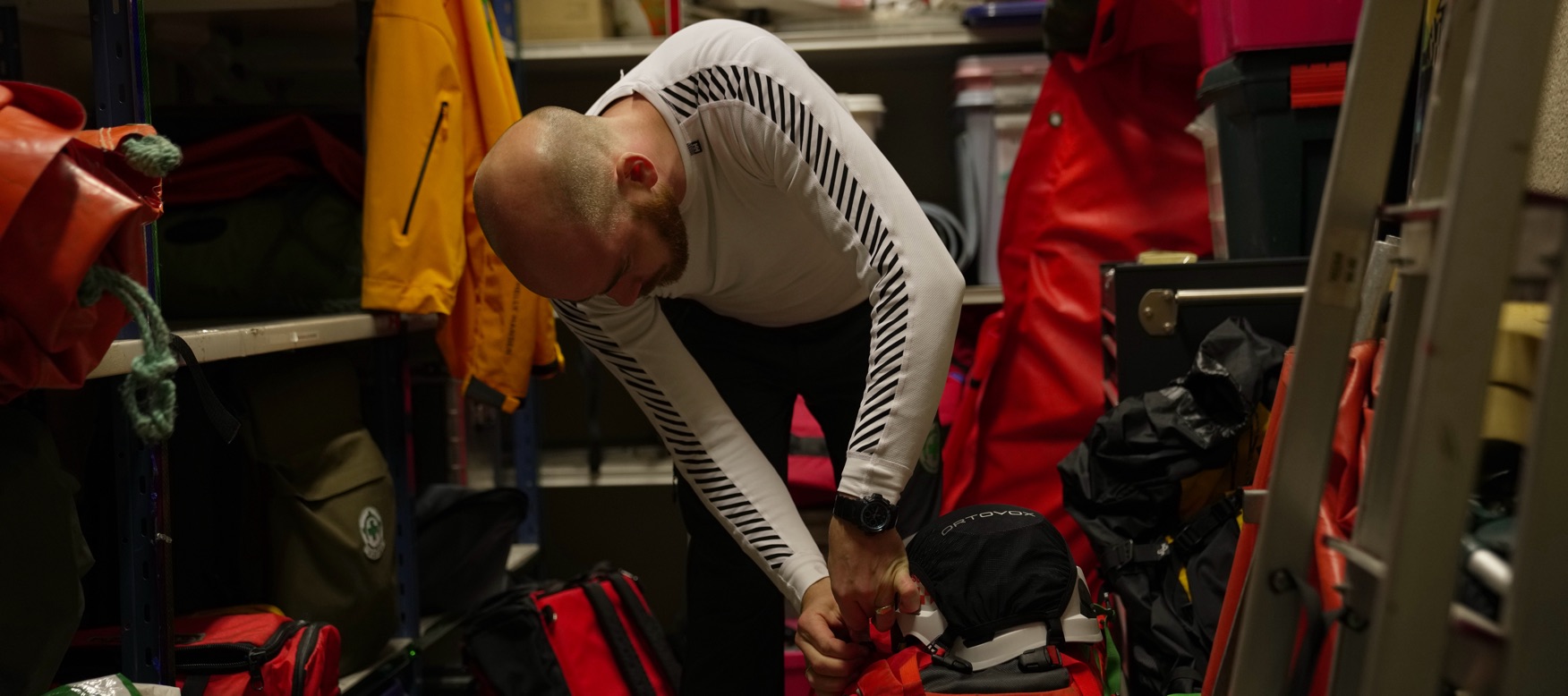
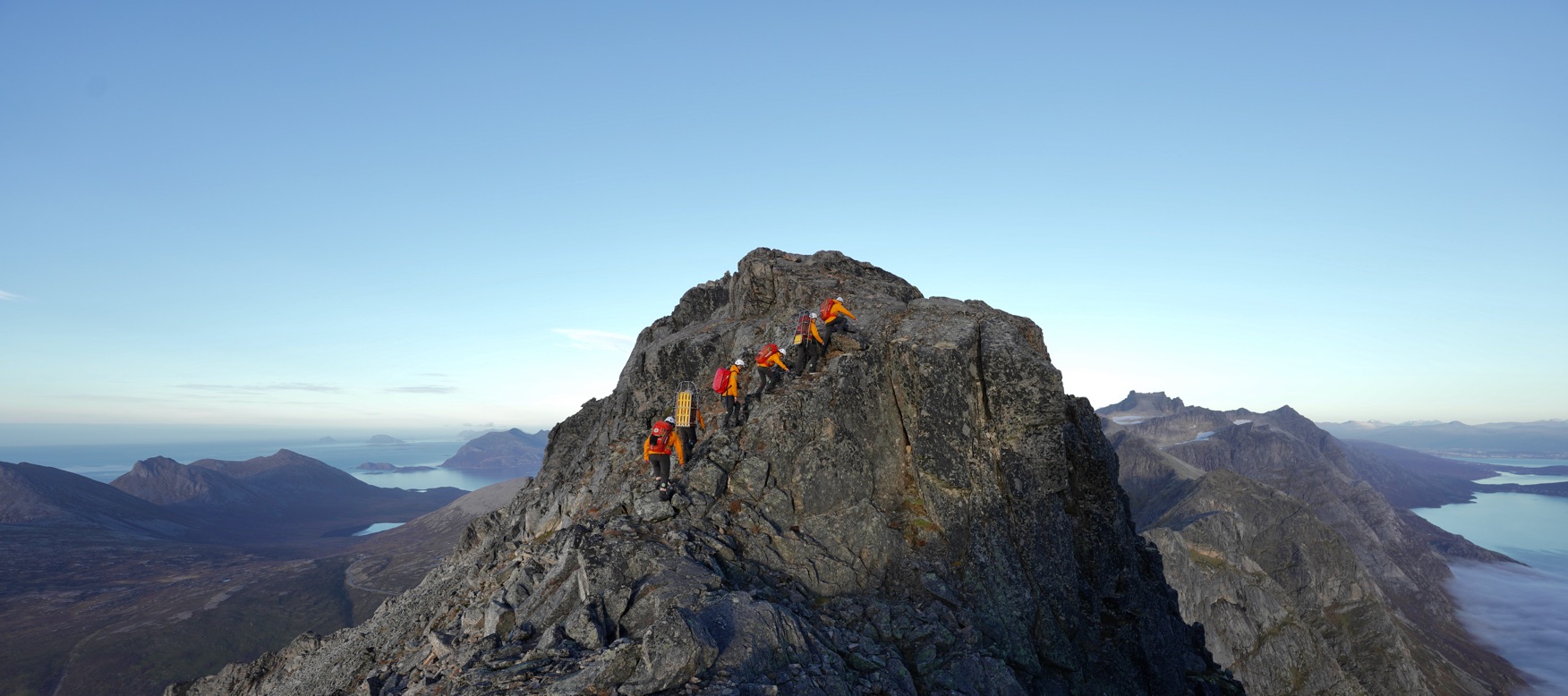
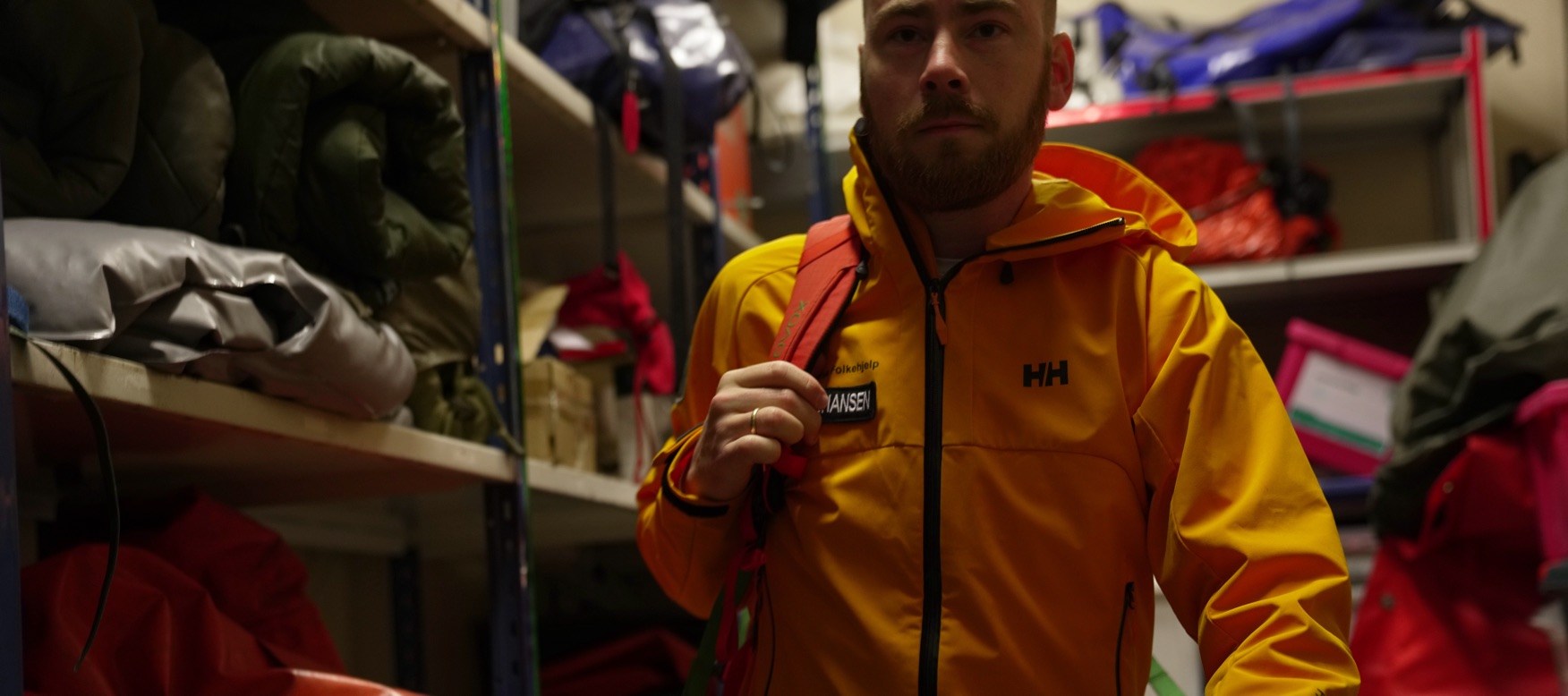




more from the Belong in the moment series
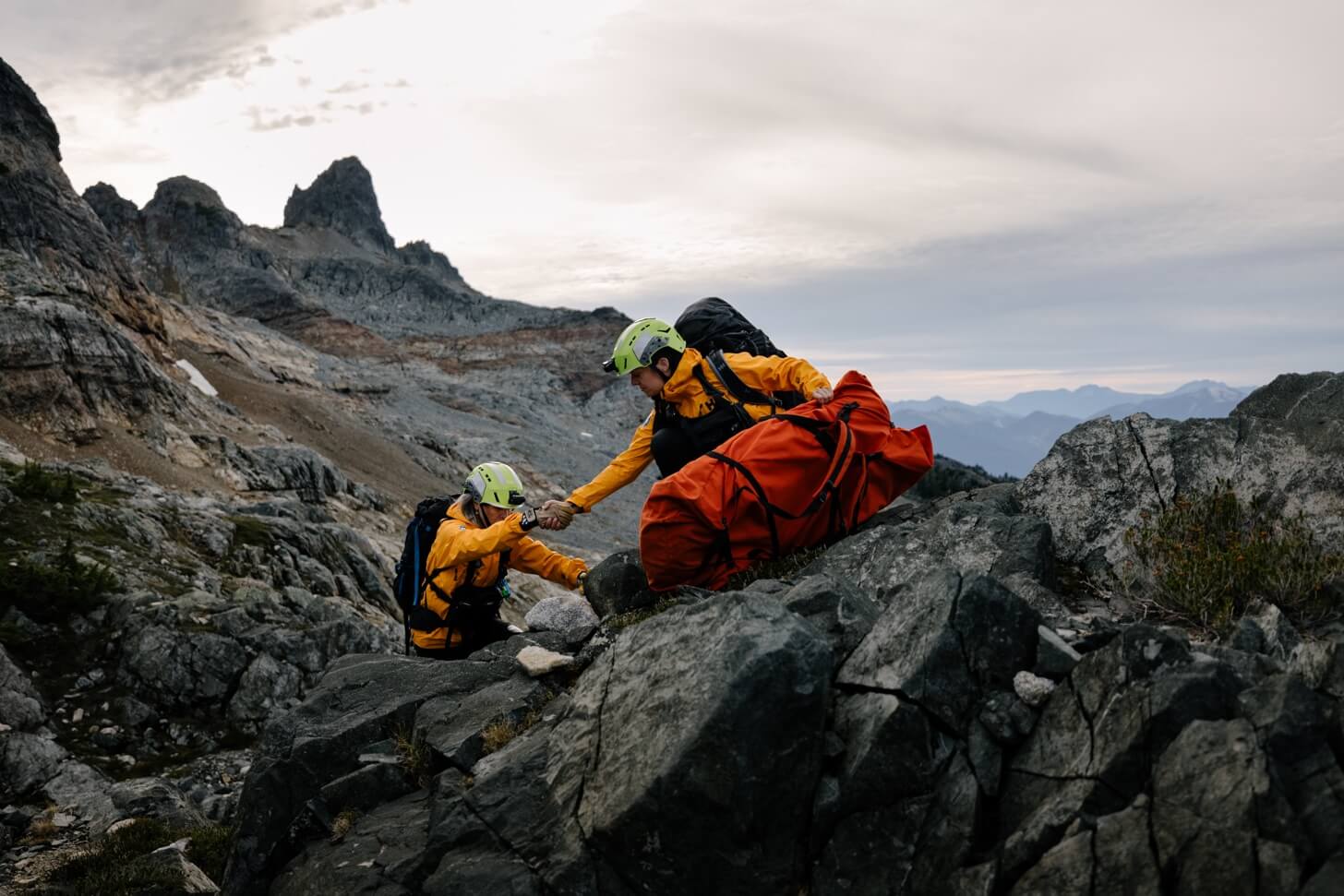
moments of truth with nathalie white
To stay calm, keep focused, and remain in the moment, Nathalie White relies on her training and trust in the team.
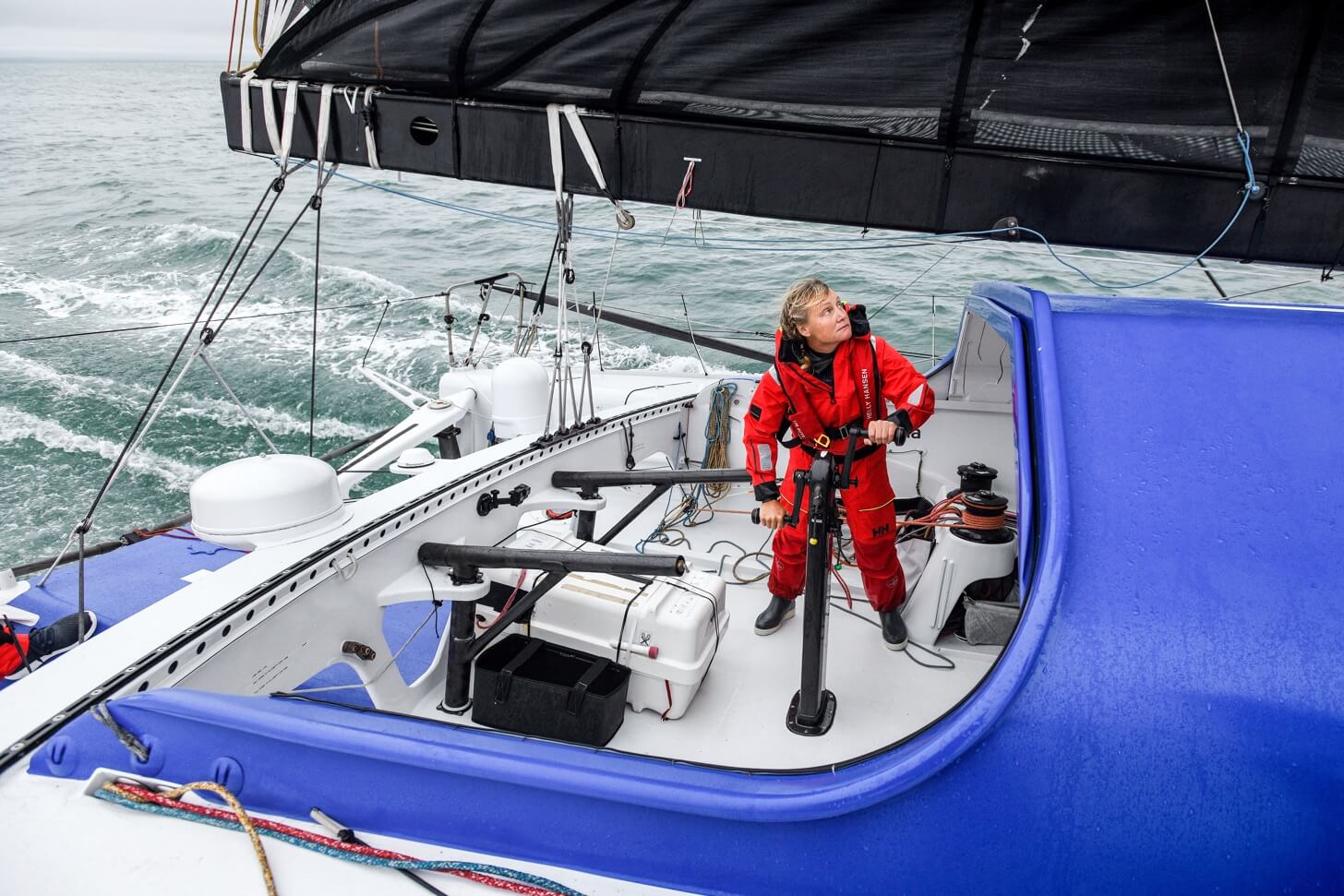
THE OCEAN IS MY HOME | PIP HARE
The Vendée Globe is three months alone at sea, thousands of miles away from help. In 2024, Pip is doing it again.

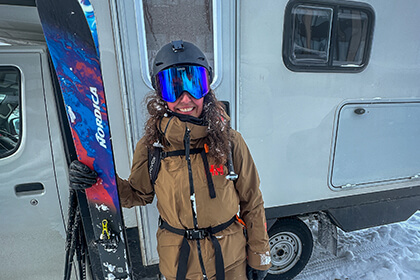
October 21, 2025 10 min read
How to plan your ski trip to Japan
Skiing Japan with Nat Segal: Hokkaido RV adventure, volcano tours, and how to thrive through a dry spell.
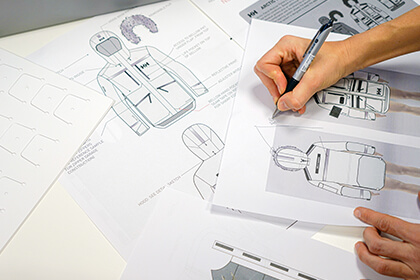
September 29, 2025 4 min read
Behind the design: The Arctic Patrol Down Parka
An inside look at how Helly Hansen designed the Arctic Patrol Down Parka with insights from Arctic scientists for extreme conditions.